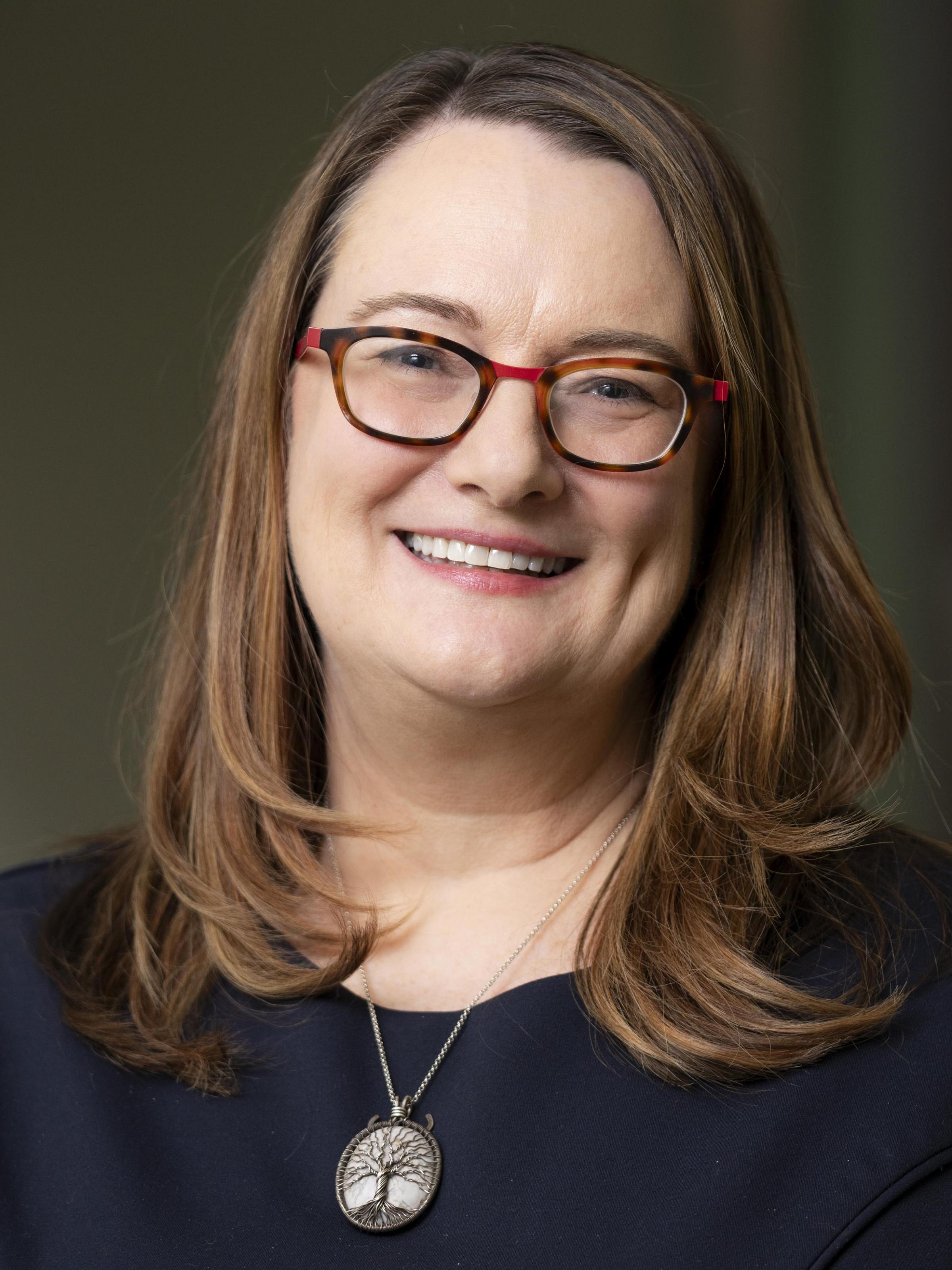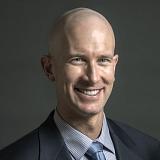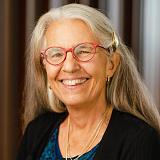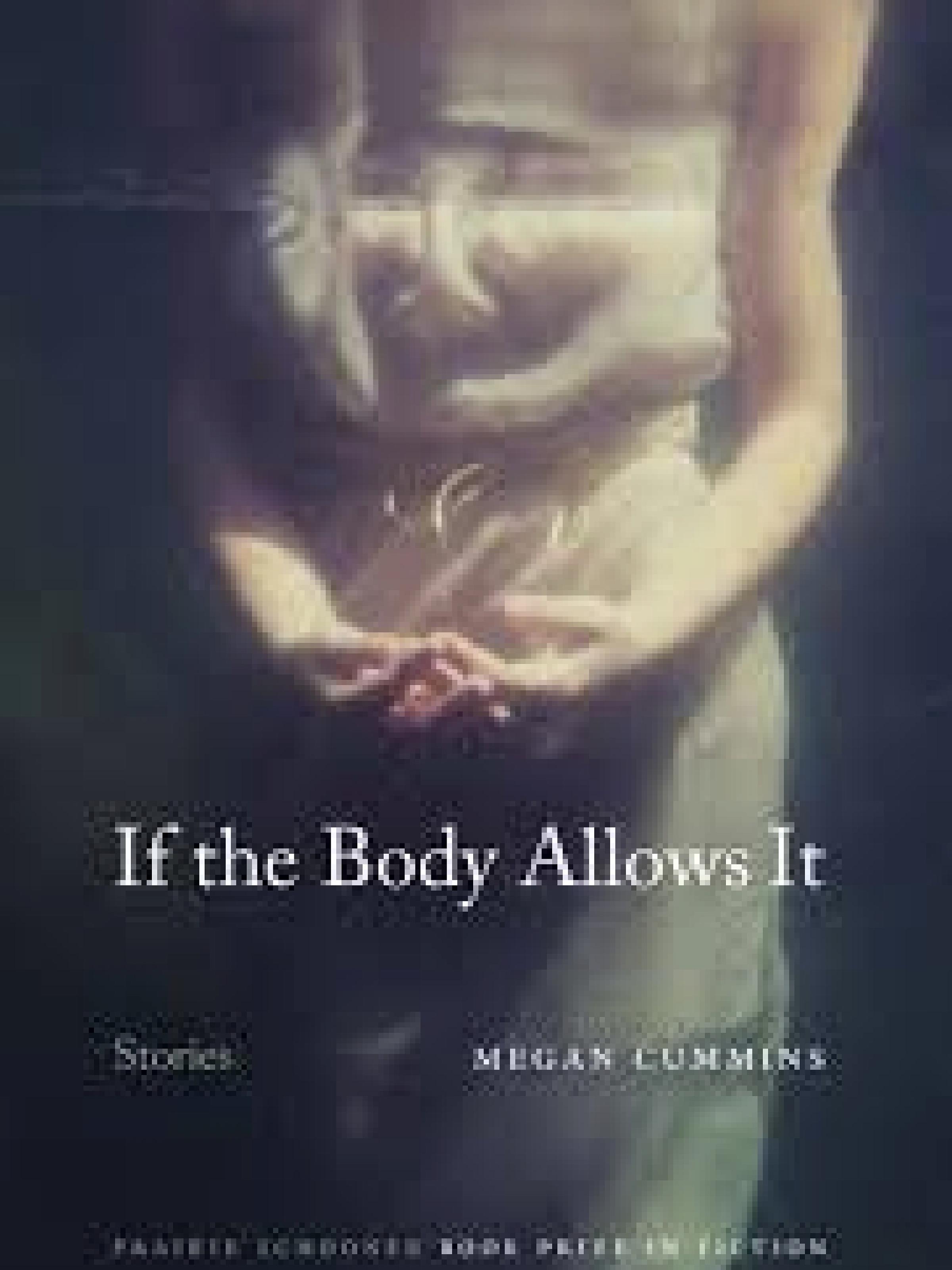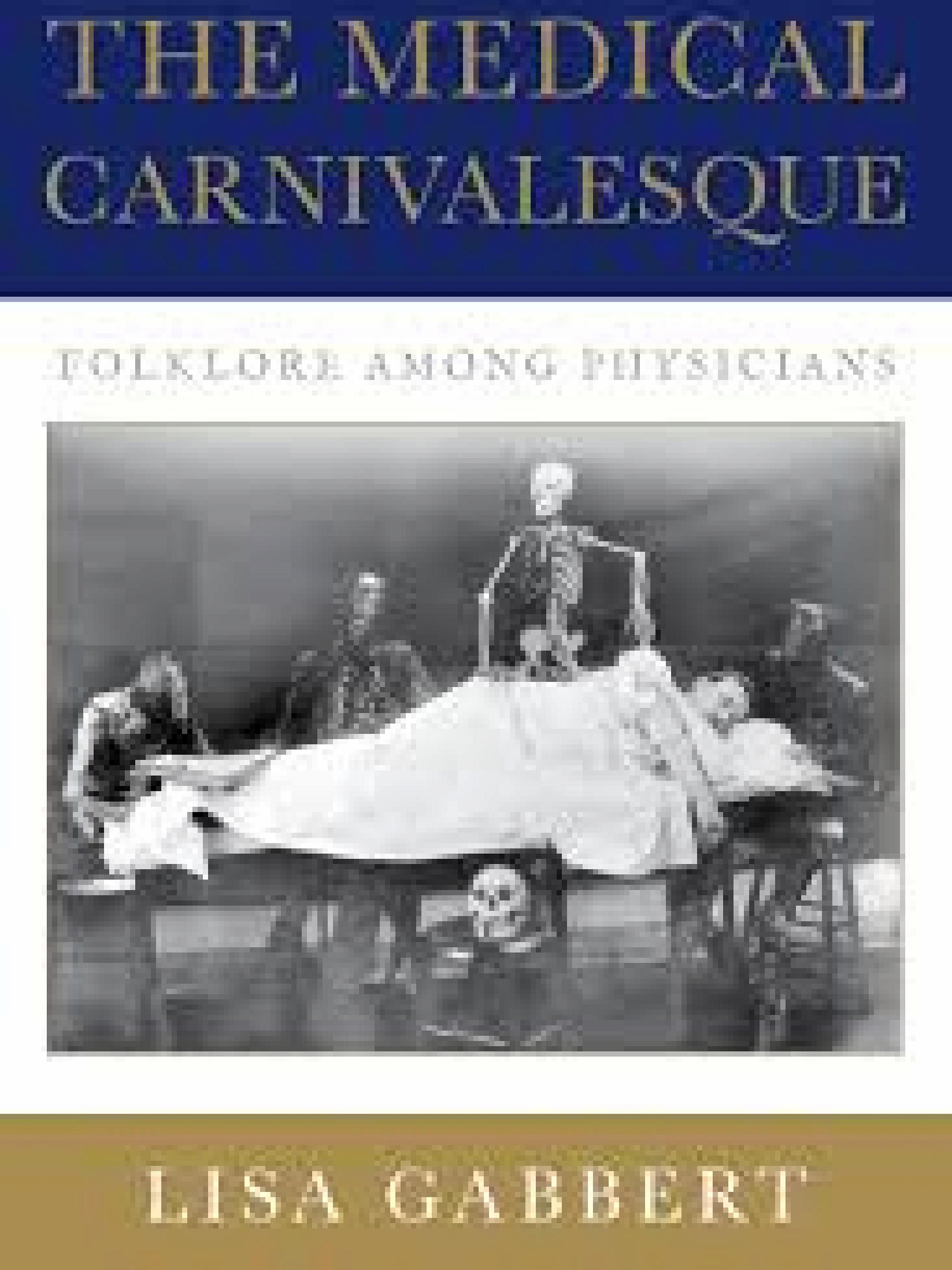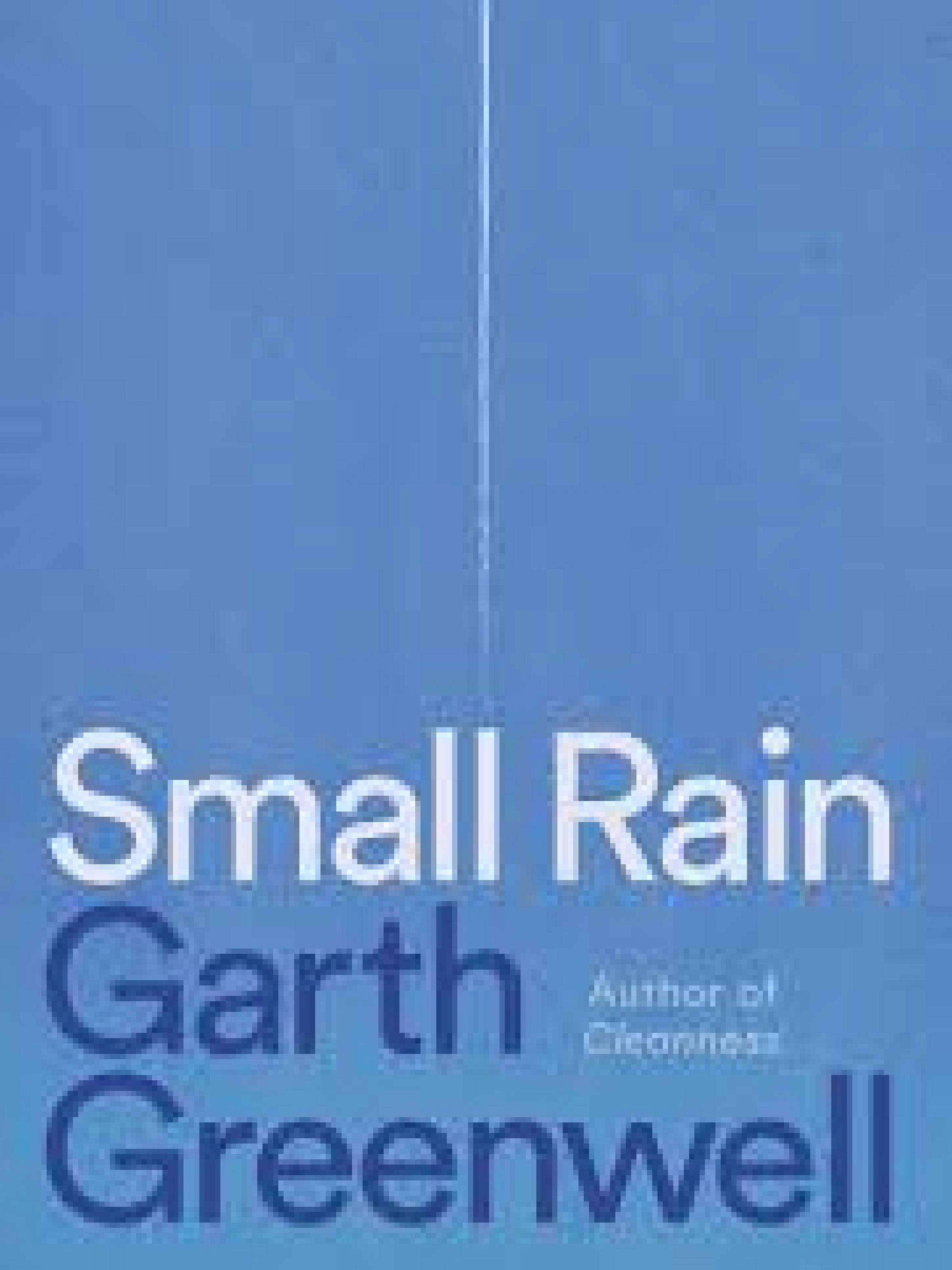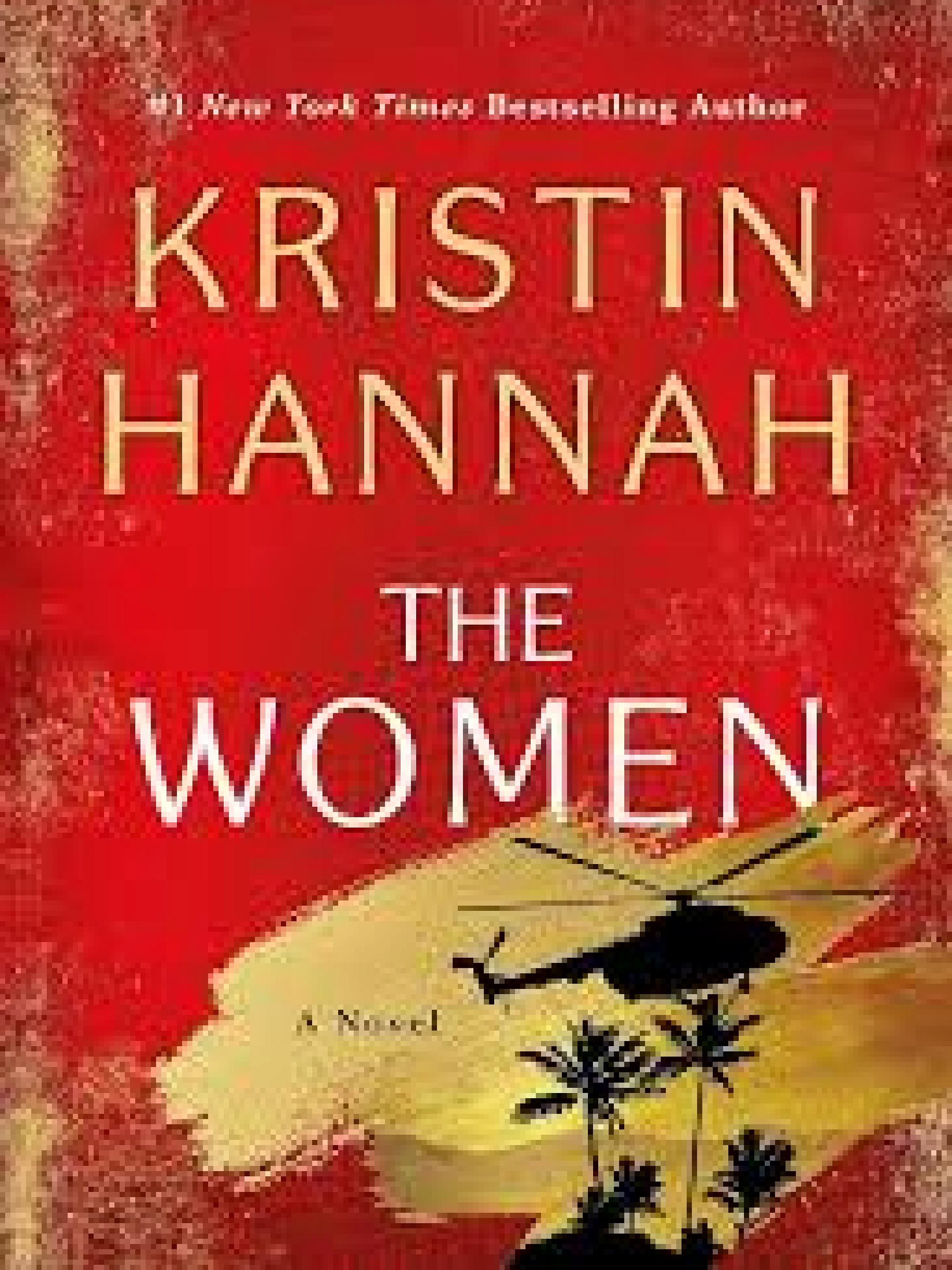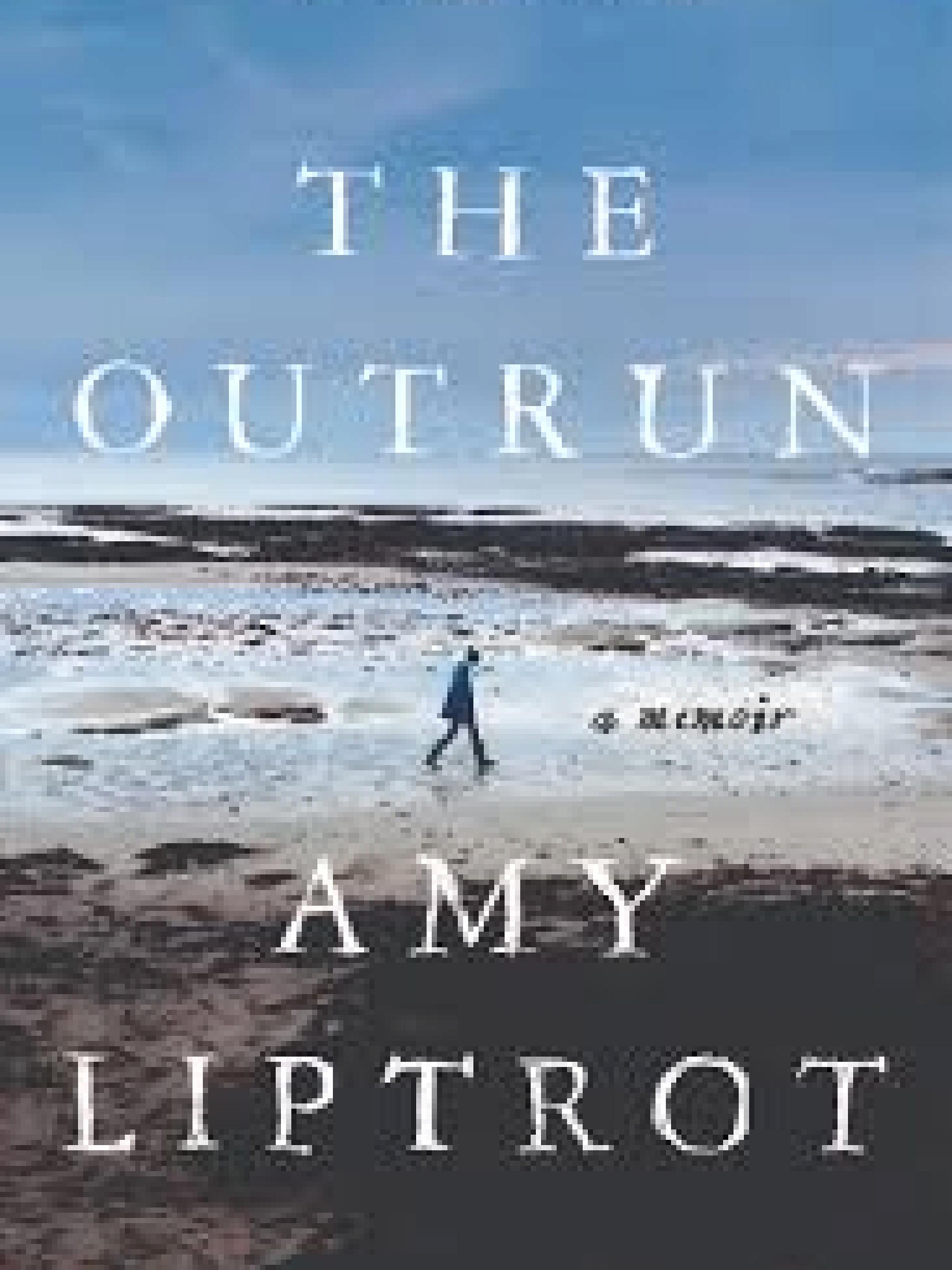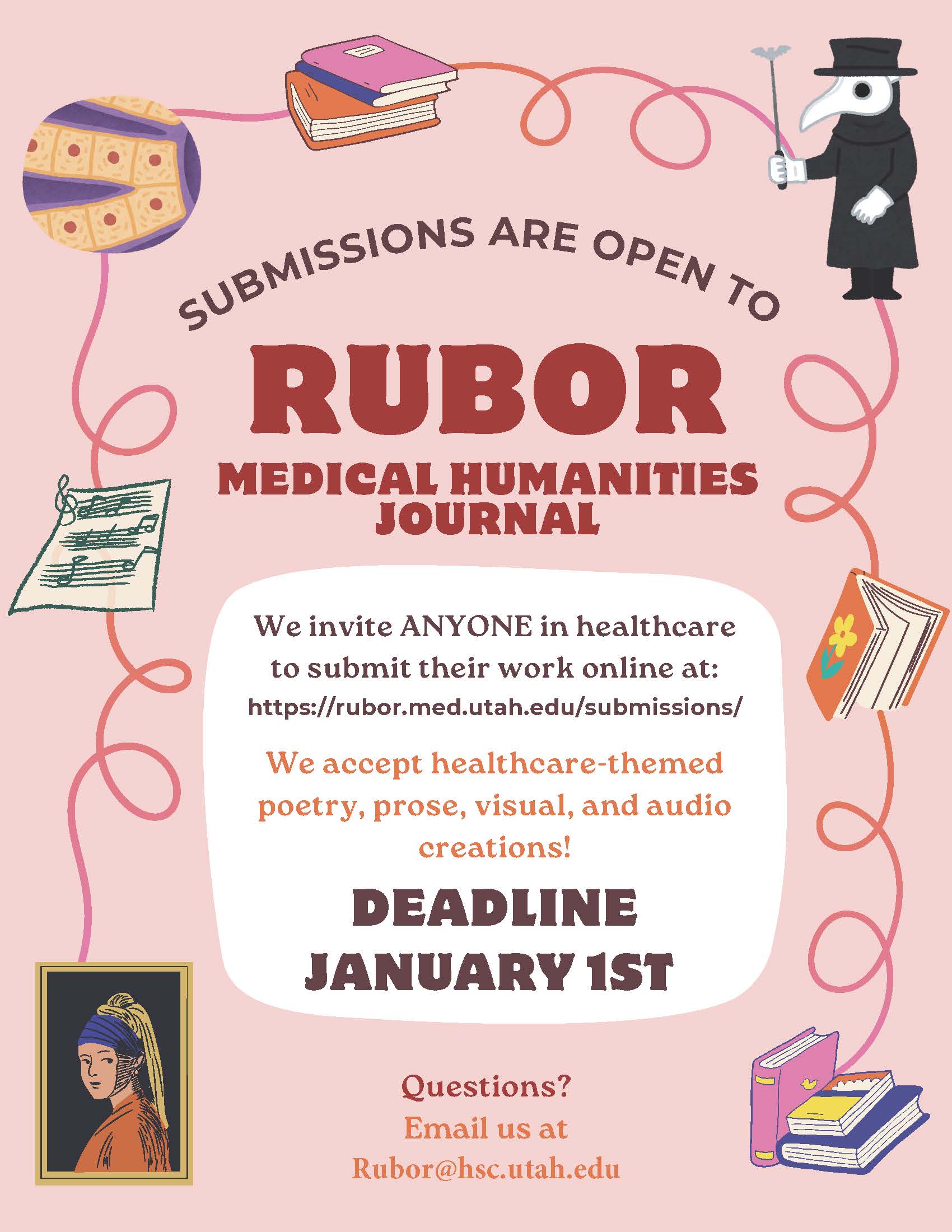
TRAVIS RIEDER, PhD
Director of Education Initiatives
Associate Research Professor
Johns Hopkins Berman Institute of Bioethics
Affiliate Faculty: Philosophy, Health Policy & Management
2024-25 COWAN-MAYDEN MEMORIAL LECTURE SERIES
January 9, 2024
SERIES EVENTS
Department of Internal Medicine
Grand Rounds:
America's Opioid Dilemma: Persistent Ethical Questions in Addiction and Healthcare
12:00 PM
HELIX GS 150 Chokecherry & Live Broadcast
America’s most serious problem with prescription opioids is not the one that immediately comes to mind. It’s not just that they can lead to addiction, or even overdose. The problem is that opioids are both dangerous and highly effective at treating some kinds of severe pain. This means that the healthcare system needs to utilize opioid analgesia, but in the midst of a drug overdose crisis, that same system is afraid of these medications. The result is that clinicians risk under-treating pain (out of fear of opioids) and overprescribing opioids (because they want to be able to treat pain). In this talk, bioethicist and author Travis Rieder will use his own experience as a trauma patient to underscore the nature of this problem, and then explore some of the gaps in pain treatment, as well as how clinicians—and institutions—can close those gaps.
Ethics Explored:
Catastrophe Ethics: How to be Good in a World on Fire
5:30 PM
EHSEB 5750C & Zoom
We are surrounded by problems that are urgent and catastrophic—that seem to require a moral response by each of us—but which are too big and too complex to be solved by any individual. Climate change is the paradigm case of such a challenge. It occurs when billions of people engage in uncoordinated activity, emitting greenhouse gases into the atmosphere, hundreds of billions of tons at a time. So what must each of us do, ethically, in response? Are you obligated not to buy a gas-guzzler and take it for joy rides while the world burns? These are the questions we’ll explore together in this discussion. And they are especially important, I’ll suggest, because climate change is far from the only case in which individual action can feel morally important and yet futile at the same time. Acting during an infectious disease outbreak, making consumer choices, engaging in politics, giving to charity, and responding to structural racism all have the potential to give rise to the puzzle of individual morality in an era of collective threats.
Short reading: https://time.com/6837533/catastrophe-ethics-essay/
Our Cowan-Mayden speaker, Travis Rieder, will also be presenting as part of the Department of Philosophy Colloquium Series. Please direct any questions to James Tabery.
PHILOSOPHY COLLOQUIUM SERIES
January 10, 2025
Catastrophe Ethics: Causal Inefficacy & the Possibility of Practical Moral Guidance
2:00 PM
CTIHB 459
For the last two decades, philosophers have debated whether the seeming fact that our individual actions cannot have a meaningful impact on pressing moral problems like climate change implies that we have no relevant duties. If, that is, no amount of refraining from flying will have a meaningful impact on the harms of climate change, could I really have a duty to reduce or eliminate luxury air travel? This is what is often called the problem of causal inefficacy. In this talk, I want to move past this discussion in order to focus on a related concern: namely, whether any account of individual moral responsibility in the face of massive, collective threats can generate actionable, practical guidance. The question is important, I argue, because if we rescue an account of moral responsibility in the face of catastrophe, the sheer number of constant catastrophes that we do or can contribute (infinitesimally) to implies an overwhelming moral responsibility to act in an overwhelming number of (often incompatible) ways. Thus, responding to causal inefficacy is not a solution to our moral life; it is a new problem. Here, I will address that new problem by proposing a novel framework for moral justification that can help us to understand and organize our responsibilities to respond to massive, collective threats.

MONICA LEMMON, MD
Associate Dean for Scientific Integrity
Department of Pediatrics and Population Health Sciences
Duke University School of Medicine
2024-25 GREEN MEMORIAL LECTURE SERIES
March 20, 2025
SERIES EVENTS
Pediatric Grand Rounds:
Talking about hard things: Challenges and opportunities in parent-clinician communication for critically ill children
8:00 AM
Primary Children's Third Floor Auditorium & Live Broadcast
In this session, we will discuss the context and stakes of conversations about hard topics like death and neurologic prognosis. We will explore what makes these conversations so challenging, and review evidence-based strategies for serious illness communication.
Ethics Explored:
Navigating grief: Taking care of ourselves and each other
5:30 PM
EHSEB 5750C & Zoom
Grief is a fundamental and necessary part of the human experience. Too little is known about how grief impacts healthcare professionals, who may be called upon to care for others while experiencing personal or professional loss. In this session, we will explore individual and systems-level strategies to support colleagues amidst personal and professional grief as well as some important ethical questions that arise: What unhelpful ideas persist about the role of emotion in a clinical setting? How can a clinician’s grief affect patient care? How and when should patients and families be made aware of grief or loss affecting their healthcare team? What are an institution’s responsibilities toward clinicians experiencing grief and loss?
The University of Utah's Center for Health Ethics, Arts and Humanities is pleased to announce our annual Award for Written Scholarship in Medical Ethics, given to a medical student who writes the most compelling and innovative essay on an issue in medical ethics, as judged by our Center faculty. The winning student will receive a cash prize of $1500, assistance with editing their manuscript for publication, and public recognition.
We are deeply grateful to the committed faculty member who endowed this award and wishes to remain anonymous. Deadline for submission: March 15, 2025. Other details can be found at the embedded link above.
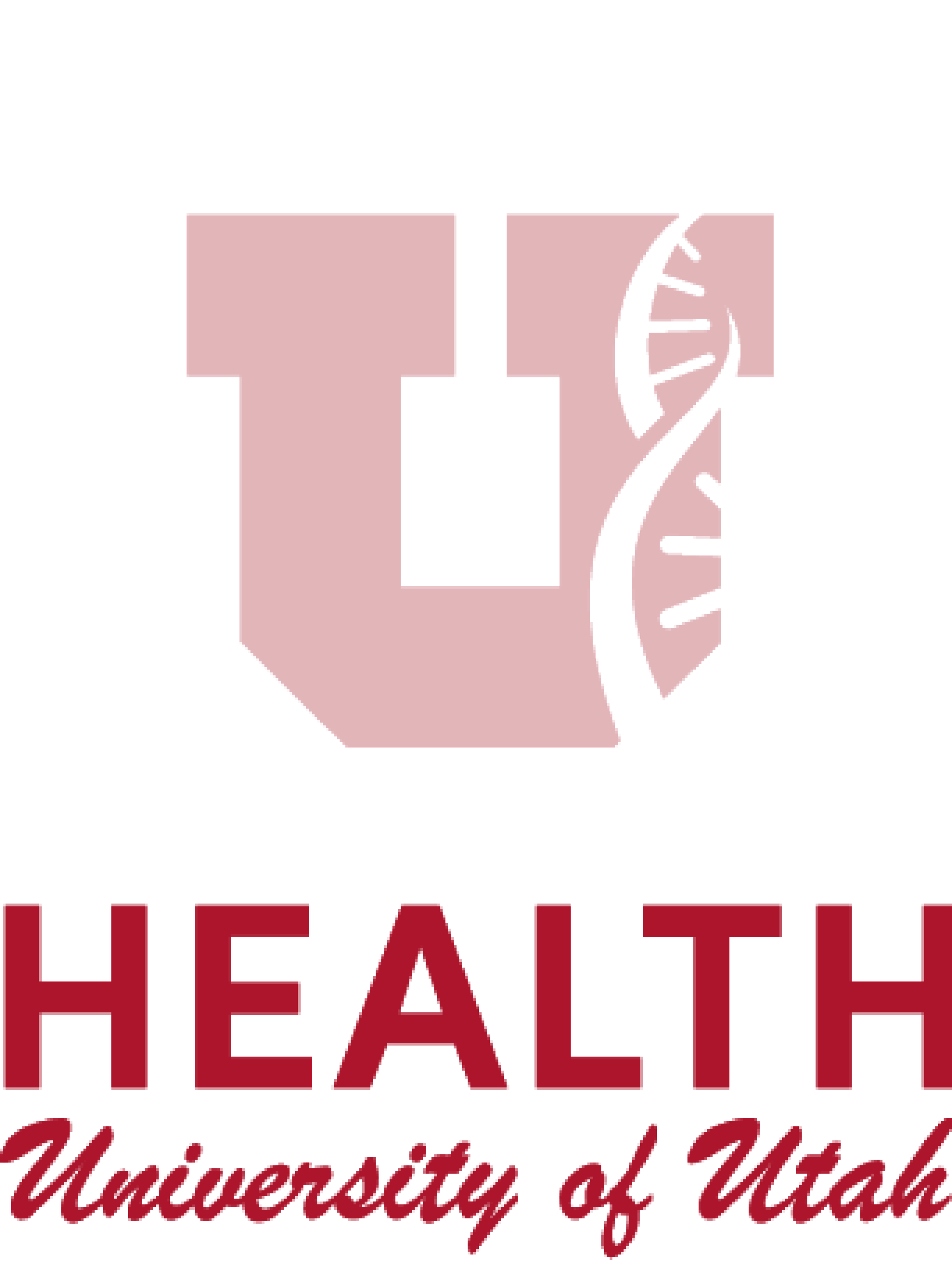
Every year, the Center for Health Ethics, Arts, and Humanities is delighted to work closely with the Resiliency Center to bring a special evening of real stories about human experiences of healthcare to the big stage at Kingsbury Hall. This February, we have invited six people from our community to tell their own compelling stories. We hope you will come and listen!
Looking for a last-minute gift idea? Experiences can often impact more than an object. Why not gift your loved ones a night of live storytelling that celebrates health, joy, and the human spirit? This year, extend your season of joy until after the holidays and buy tickets to Healthcare Stories: Joy. U of U faculty and staff may use the code FACULTYUP for a 20% discount. Student tickets are $5 with ID.
Join us on February 6th at Kingsbury Hall for a night of unscripted, real-life stories about health and healthcare. We hope to see you and someone special in the audience.
This event is put on in collaboration with U of U Health and UtahPresents.

